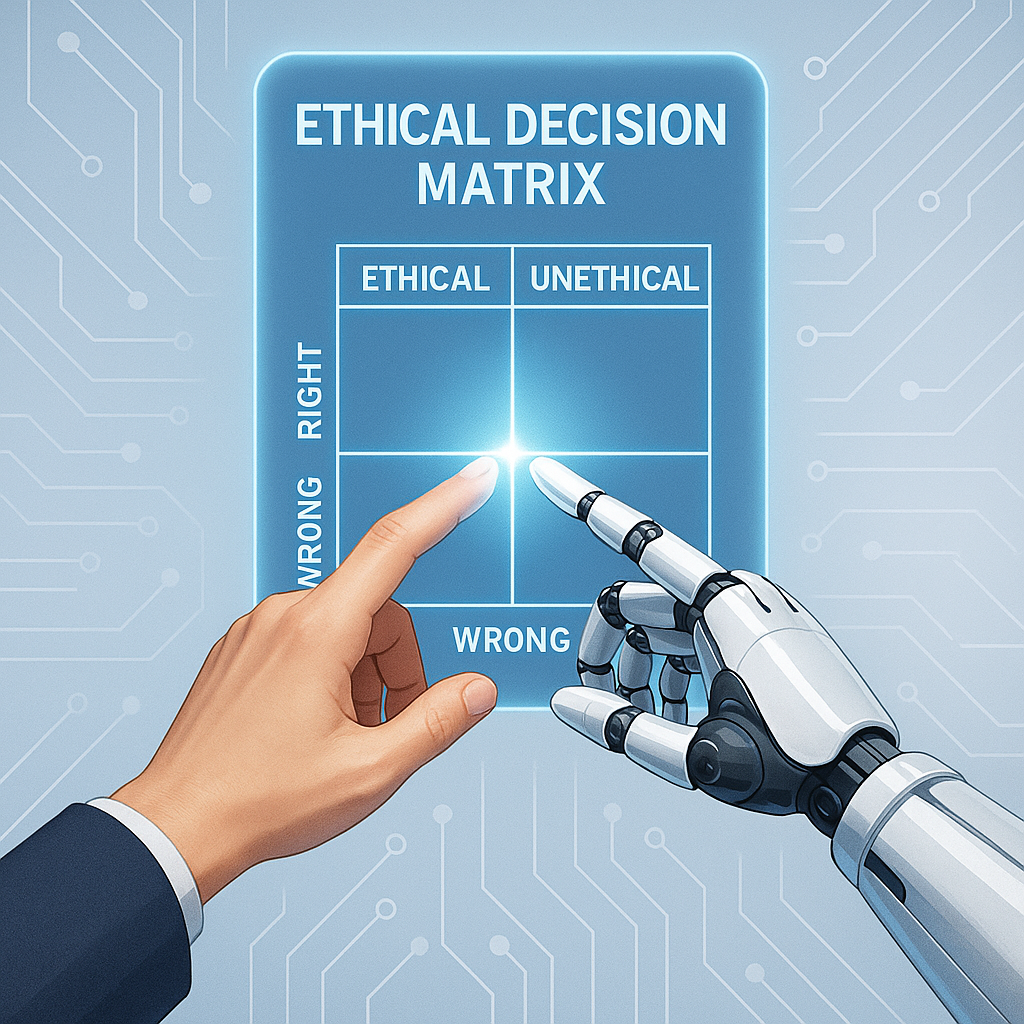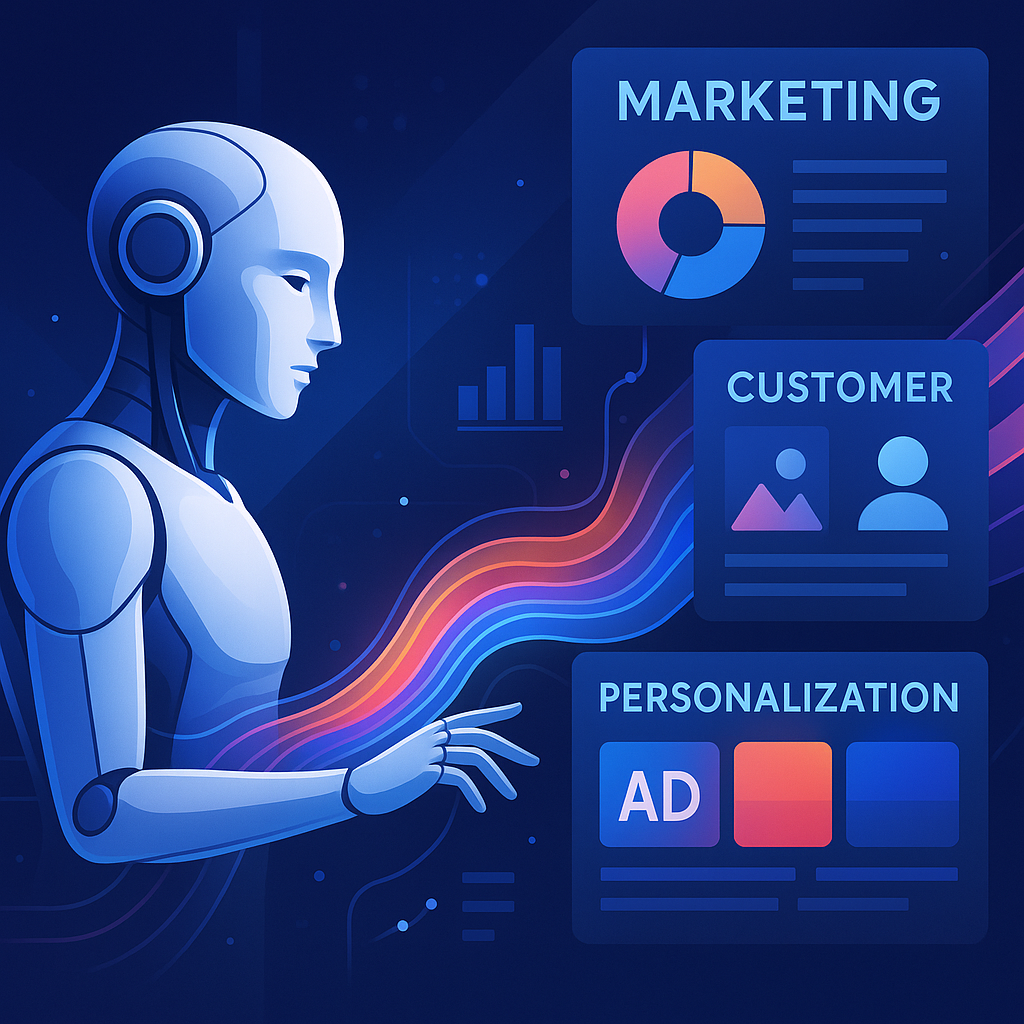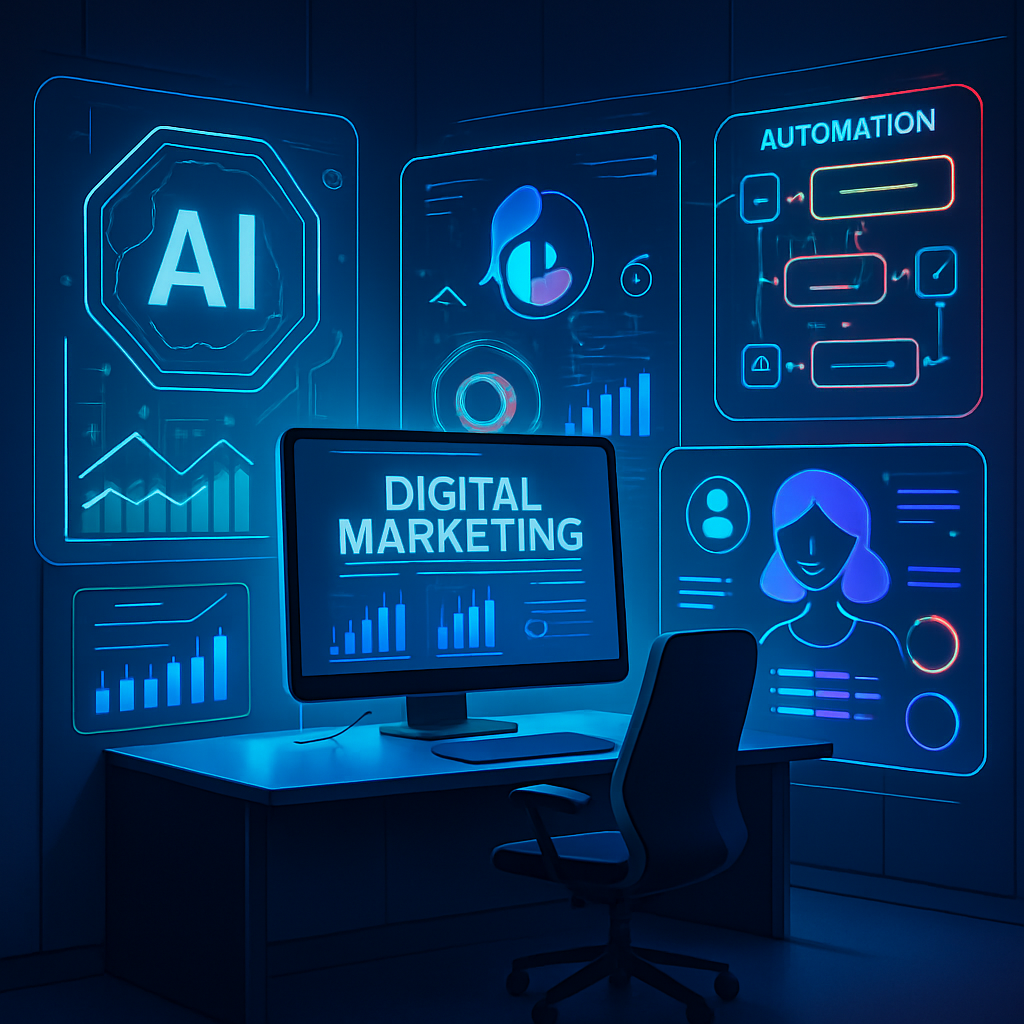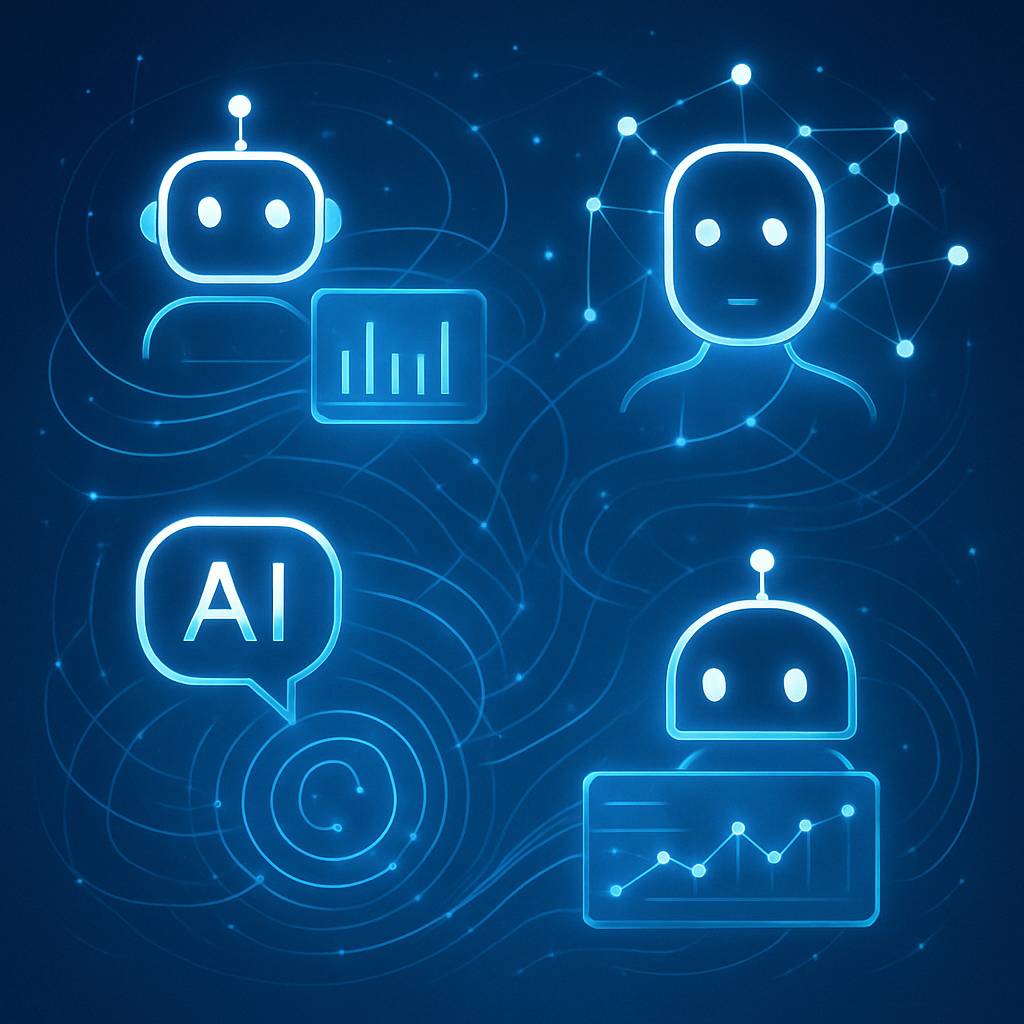
Harnessing the Power of Good AI: Revolutionizing Ethical Decisions
Understanding good ai and Ethical Decision-Making
Artificial Intelligence has rapidly evolved, becoming a cornerstone of modern innovation. Yet, as AI systems take on more complex roles, the imperative to ensure ethical behavior has never been stronger. Enter the era of "good AI"—AI designed explicitly with ethics, transparency, and fairness at its core. an ai agent, in this context, refers to an autonomous system that interacts intelligently with its environment, making decisions and taking actions aligned with ethical frameworks.
Unlike generic AI models optimized solely for efficiency or accuracy, good AI agents incorporate moral reasoning, stakeholder values, and societal norms. They serve not only as decision-making aides but as ethical collaborators, reshaping how businesses and institutions resolve dilemmas in fields ranging from finance to healthcare.
Key Characteristics of Good AI Agents in Ethical Contexts
- Transparency: Good AI agents provide clear explanations for their decisions, enabling users to understand rationale and trust system outputs.
- Accountability: Embedded tracking and audit trails allow for responsibility attribution, crucial in high-stakes environments.
- Bias Mitigation: They actively identify and minimize biases originating from data or algorithms to promote fairness.
- Adaptability: By continuously learning from diverse inputs, good AI agents adapt ethical guidelines to evolving societal standards.
Real-World Applications Demonstrating Ethical AI Agents
Healthcare: Personalized, Fair, and Safe Treatment Recommendations
In 2025, several hospital networks utilize AI agents to assist doctors in crafting patient-specific treatment plans while ensuring equity in care delivery. These agents analyze vast datasets but are constrained by ethical guardrails preventing discrimination based on age, gender, or socioeconomic status. When conflicts arise, the AI weighs clinical evidence against ethical principles, advising on the most ethically sound options.
Financial Services: Preventing Discrimination in Credit Decisions
Credit rating AI agents now employ sophisticated fairness algorithms to avoid discriminating against marginalized groups. By evaluating incoming data through ethical lenses, these agents flag potential biases and suggest corrective adjustments, thereby promoting inclusive lending practices.
Supply Chain Management: Ethical Sourcing and Labor Practices
Global corporations integrate AI agents into supply chain platforms to assess suppliers’ social and environmental footprints. These agents autonomously evaluate compliance with labor laws and sustainability goals, recommending partnerships aligned with corporate ethics.
Challenges in Developing and Deploying Good AI Agents
Despite progress, creating truly ethical AI agents is complex. Challenges include:
- Defining Universally Accepted Ethics: Ethical norms vary culturally, demanding customizable AI frameworks sensitive to diverse values.
- Data Limitations: Lack of high-quality, unbiased datasets hampers agents' ability to generalize ethically.
- Transparency vs. Complexity: Highly complex AI models can be difficult to interpret, complicating transparency efforts.
- Regulatory Uncertainty: Varying legal standards make compliance a moving target for developers.
Innovations in Good AI: Towards Ethical Autonomy
The AI research community is pioneering novel approaches to surmount these challenges. Notably:
- Explainable AI (XAI): Frameworks that enhance the interpretability of decisions by AI agents, fostering understanding and trust.
- Value Alignment Techniques: Methods ensuring AI objectives remain consistent with human ethical values, including inverse reinforcement learning.
- Multi-stakeholder Input Models: Incorporation of diverse stakeholder perspectives into AI training to reflect pluralistic ethics.
- Dynamic Ethical Reasoning: Enabling AI agents to update their ethical calculus as new societal data emerge.
Case Study: An AI Agent Navigating Complex Ethical Decisions
Consider "Ethos," an AI agent deployed within a multinational tech firm to manage content moderation on social media platforms. Ethos assesses posts for harmful content but faces tough choices when determining freedom of expression versus community safety. The agent uses a multi-layered ethical decision framework, incorporating legal standards, cultural sensitivities, and user well-being metrics. By providing moderators with detailed reasoning and confidence scores, Ethos empowers nuanced human judgment rather than dictating rigid actions.
The Road Ahead: Good AI Shaping Ethical Futures
As AI agents become increasingly integrated into decision-making processes, their role as ethical stewards gains prominence. Good AI agents embody the symbiosis of computational power and moral insight, enabling organizations to navigate complex ethical landscapes with confidence and care.
Ultimately, the revolution in ethical AI decision-making is grounded not just in technological advancement but also in thoughtful design, inclusive input, and ongoing evaluation. The journey from AI as a tool to AI as a trusted partner is well underway—ushering in an era where good AI agents help build a fairer, more transparent, and ethically conscious society.







